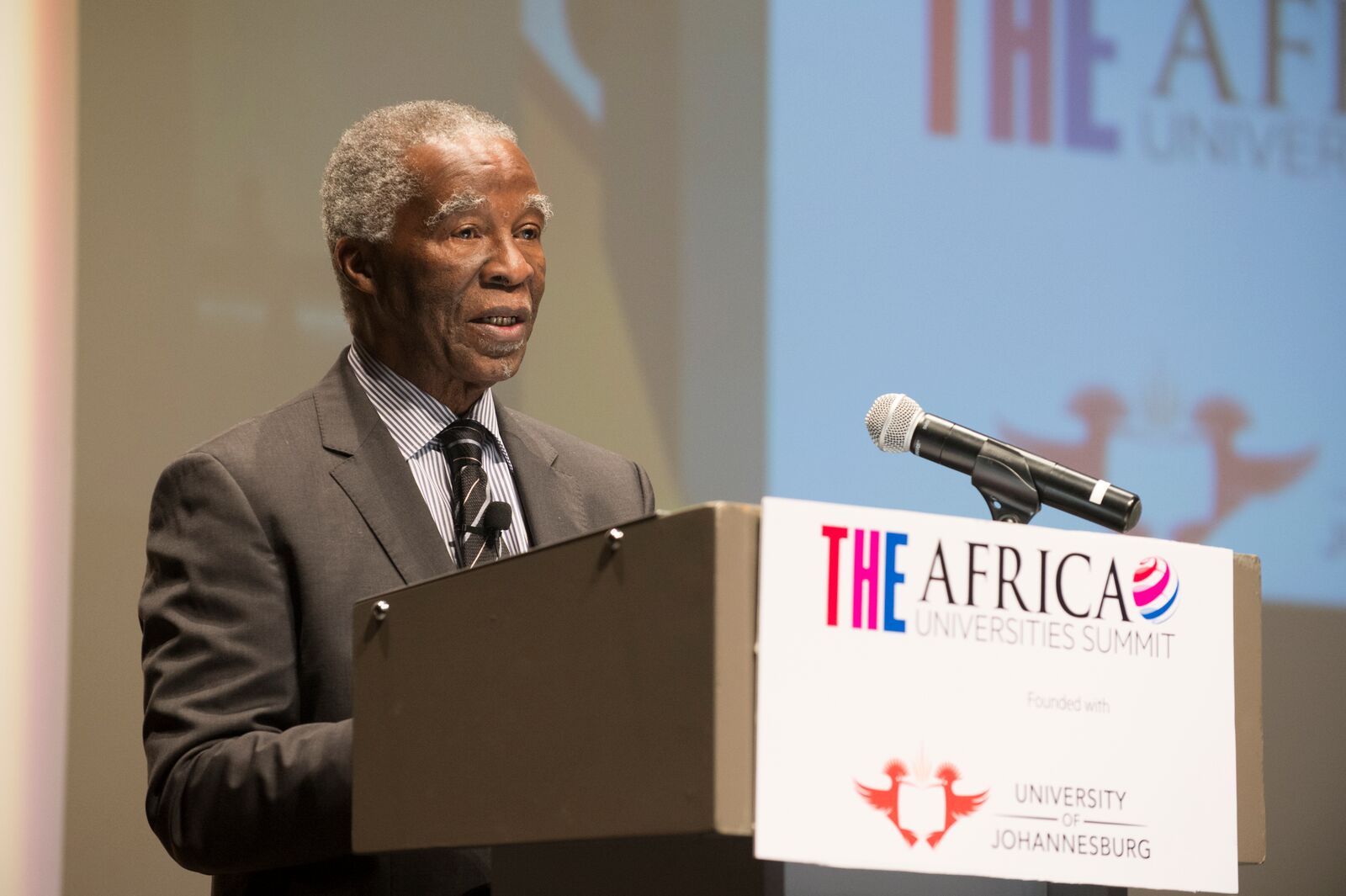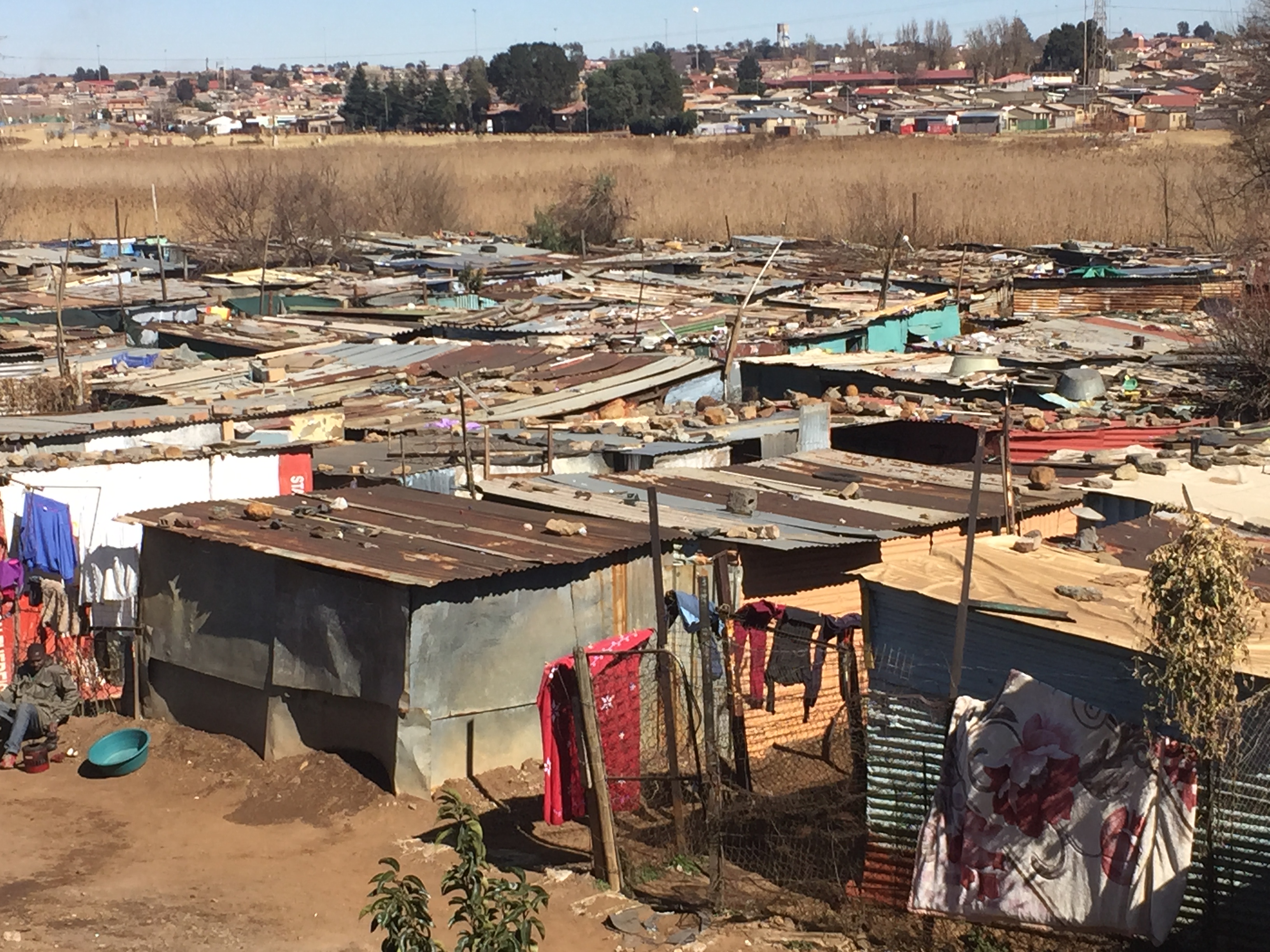Thabo Mbeki is an exceptionally charismatic speaker, and one of Africa’s most respected politicians after succeeding Nelson Mandela to serve as the second post-apartheid president of South Africa.
Had he opened Times Higher Education’s inaugural Africa Universities Summit with a speech that skated over the surface of higher education issues in the continent, or sought simply to celebrate African universities in some general way, there’s little doubt his audience would have been happy enough. But he did not take this easy path to applause.
The former president, now in his seventies, instead stood up and delivered a deeply thoughtful and challenging speech on the place of higher education in Africa’s development agenda, and its sometimes antagonistic relationship with the state.
In a continent where some governments cling to power long after they have ceased to serve the interests of their people, universities are one of the few alternative power bases – centres of intellectual and political thought.
The result, Mbeki suggested, is that while spending on universities is vital for the good of the continent (and its ambitious development goals set out in the African Union’s 2063 initiative), governments sometimes see universities as something they have to invest a certain amount in, rather than institutions that they want to invest in.

His opening address set the tone for a conference in which the role of higher education within the continent, and its place in the world (including the World University Rankings), was discussed and analysed by a senior audience from 22 countries, including Ethiopia, Democratic Republic of Congo, Namibia, Nigeria, Malawi, Senegal, Botswana and Morocco.
I found discussions on the brain drain particularly interesting, not least because it was striking how many of the vice-chancellors in attendance had returned to Africa from the diaspora after spending long periods of their academic careers overseas (most often in the US, it seemed to me).
One of the panellists talking on this topic, Pius Adesanmi, admitted that he felt like “professor do-as-I-say, not do-as-I-do” when he tried to persuade the brightest young African researchers to stay on the continent, as he himself had decamped to Canada where he still lived and worked as professor of English literature and African studies at Carleton University.
There was also a lot of discussion about how universities could help to address the inequality that is so obvious in Johannesburg (in a few hours before flying home, I visited Soweto – a conglomeration formed out of the former southwestern townships and home to more than 1 million black South Africans, where the emerging middle classes live in boxy brick houses, but others still reside in slum conditions).

The conference was a fascinating two days, and cemented my belief that universities will – indeed, must – play a central role in securing a better future for developing economies.
But what was clear was that strategy and focus must always be tailored to the local context.
In Africa’s case this may mean many institutions focusing on producing graduates who can genuinely go on to find suitable jobs, since one of the problem identified at the summit was the high level of long-term unemployment (a problem likely to be supercharged by the changing demographics: by 2040 more than 70 per cent of the population will be under 35).
At present, one speaker said, it was an uncomfortable truth that "the poor are willing to pay for poor education" (particularly from some of the less credible for-profit providers operating on the continent), and this was in essence yet another form of exploitation.
POSTSCRIPT:
We will be reporting on more of the discussions from the conference in this week’s issue of Times Higher Education, out on 6 August.
Register to continue
Why register?
- Registration is free and only takes a moment
- Once registered, you can read 3 articles a month
- Sign up for our newsletter
Subscribe
Or subscribe for unlimited access to:
- Unlimited access to news, views, insights & reviews
- Digital editions
- Digital access to THE’s university and college rankings analysis
Already registered or a current subscriber?





